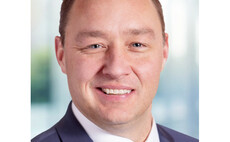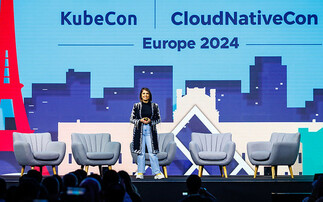Head of infrastructure Mick Briggs reflects on EMC's part in a changing industry attitudes
"Software-defined data centres, that's the next big thing," states Cancer Research UK's head of infrastructure, Mick Briggs. "The more people that adopt the principles of that, the more it'll be...
To continue reading this article...
Join Computing
- Unlimited access to real-time news, analysis and opinion from the technology industry
- Receive important and breaking news in our daily newsletter
- Be the first to hear about our events and awards programmes
- Join live member only interviews with IT leaders at the ‘IT Lounge’; your chance to ask your burning tech questions and have them answered
- Access to the Computing Delta hub providing market intelligence and research
- Receive our members-only newsletter with exclusive opinion pieces from senior IT Leaders






















